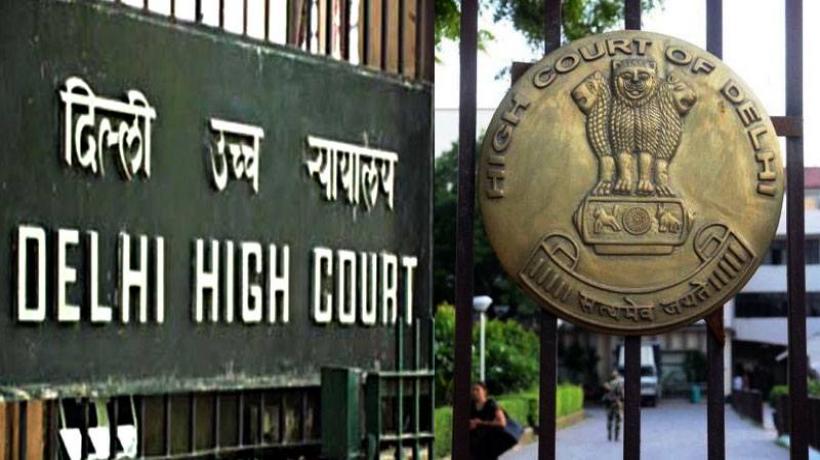The Delhi High Court has taken significant steps to address the critical state of health infrastructure in the city. A Division Bench, led by Acting Chief Justice Manmohan and Justice Manmeet Pritam Singh Arora, recently established an expert committee tasked with assessing and proposing improvements for the health facilities in Delhi. In a comprehensive order, the court highlighted the alarming deficiencies in infrastructure, including a shortage of essential resources such as medicine, machines, and manpower in government hospitals.
The court’s observation revealed a stark reality: only six CT scan machines serve 19 Delhi government hospitals, which cater to a population exceeding three crore. Recognizing the urgency of the situation, the court emphasized the need for substantial investment and structural reforms in the functioning of government hospitals.
To address these issues, the expert committee, led by Dr. SK Sarin, Chancellor ILBS, includes prominent members like Dr. Nikhil Tandon from AIIMS and Dr. Suresh Kumar, Director of LNJP Hospital. The committee has been entrusted with a range of responsibilities, including a detailed examination of health infrastructure and the formulation of optimization strategies. Additionally, the committee is tasked with establishing a real-time information control room for ICU and other beds, ensuring the uninterrupted supply of medicines, equipment, and manpower, and reducing the stress on referral hospitals by strengthening peripheral ones.
The court also directed the committee to devise mechanisms for swiftly filling vacant specialist positions on a contractual basis, pending the appointment of regular staff. Furthermore, the committee is encouraged to make any other recommendations it deems suitable to address the overarching issues plaguing Delhi’s healthcare system.
The decision to constitute the committee arose during the court’s consideration of a suo motu Public Interest Litigation (PIL) petition concerning medical infrastructure in Delhi. Amicus curiae, Advocate Ashok Agrawal, drew attention to a tragic incident where a man died after being denied treatment by four government hospitals. This incident underscored the pressing need for immediate intervention to rectify systemic issues.
Delhi Health Minister Saurabh Bhardwaj acknowledged the shortage of doctors and paramedics in government hospitals in a status report submitted to the court. He expressed frustration at the bureaucracy’s reluctance to comply with his directives. However, the Health Secretary, appearing personally before the court, contested Bhardwaj’s claims and provided a consolidated position on vacancies and infrastructure.
Amicus Curiae Ashok Agrawal highlighted critical deficiencies, such as the absence of ICU beds in nine government hospitals and malfunctioning medical equipment in several institutions. He also raised concerns about prolonged waiting times for appointments in departments like radiology and imaging. Patient appointments were scheduled as far ahead as May 2025 to March 2027.
In response to these alarming revelations, the court ordered the formation of the expert committee, emphasizing the importance of prioritizing critical healthcare issues. The committee is instructed to submit monthly reports to the High Court and give precedence to the recommendations of the Health Minister, Health Secretary, and Amicus Curiae.
Recognizing the urgency of the situation, the court requested an interim report from the committee within four weeks. The detailed order, expected to provide clarity on the committee members, will be made available in due course. The next hearing on the matter is scheduled for April 1, signaling the court’s commitment to monitoring and addressing the healthcare challenges in Delhi.

